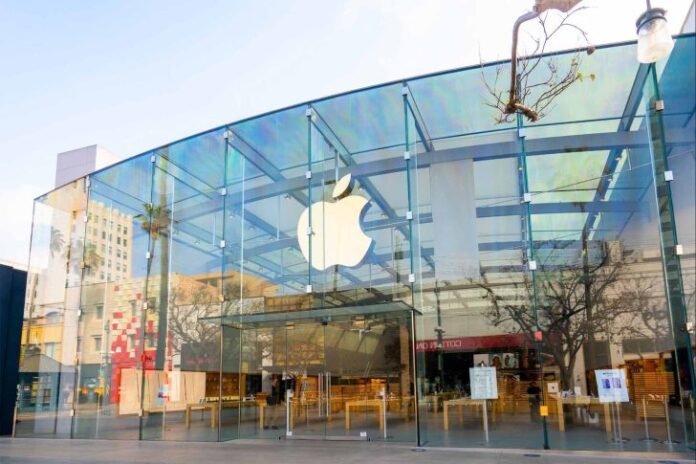
Apple is currently enjoying a massive demand influx from its iPhone 15 launch, with the iPhone 15 Pro Max back-ordered until November. The company is expected to have a fabulous holiday season, but according to one report, that success will be short-lived, and its troubles will start forming in 2024, with growing challenges being presented in an attempt to derail the technology giant’s iPhone momentum.
TrendForce also predicts that the extent of innovation and prevailing issues in China will challenge Apple in 2024
In a post published on X, research firm TrendForce outlines the problems that Apple is bound to face in 2024. It initially talks about the solid-state buttons that were supposed to debut on the iPhone 15 series, but the feature did not make the cut due to technical issues. Whether or not this hardware change arrives with the iPhone 16 in 2024, TrendForce says that Huawei is said to cause problems for Apple in China and might be the reason why the California-based firm’s market share ‘erodes’ in the region.
Huawei recently launched the Mate 60 Pro 5G with its Kirin 9000S, and it managed to achieve this feat without foreign machinery due to trade sanctions placed on the company. In a previous estimation, analyst Ming-Chi Kuo said that the Kirin 9000S will be why Qualcomm will potentially lose 60 million chipset orders in 2024, resulting in a loss that is likely in the billions. In addition to Qualcomm, Apple might be the next casualty of this resurgence in China, as Huawei will take advantage of SMIC’s foundry to mass produce the next flagship Kirin SoC.
#Apple has repeatedly been rumored to adopt “solid-state buttons,” but earlier attempts were abandoned due to technical issues. Leaving aside whether or not the iPhone 16 series will feature them, there is still some time before specifications are finalized. Previously, the… https://t.co/8xnkrltvWW
— TrendForce (@trendforce) September 27, 2023
Aside from this, TrendForce states that the A17 Pro overheating controversy is another reason that could land Apple in hot water, though one analyst notes that it is not the chipset that is the culprit but the titanium chassis and the lackluster cooling solution. There is also the extent of innovation and brand differentiation that Apple needs to focus on to help maintain its market share, with the Chinese government involved, it might become a mountain to climb.
For instance, the authorities have banned the use of iPhones in the workplace of state-owned organizations, but it is not necessary that this restriction will suddenly make Apple lose that market share. However, with Huawei back in the game again, the iPhone maker must pay close attention to its resurrected rival and plan accordingly.
WccftechContinue reading/original-link]




